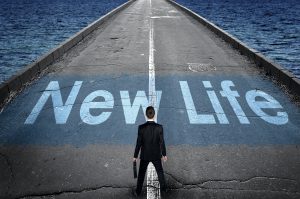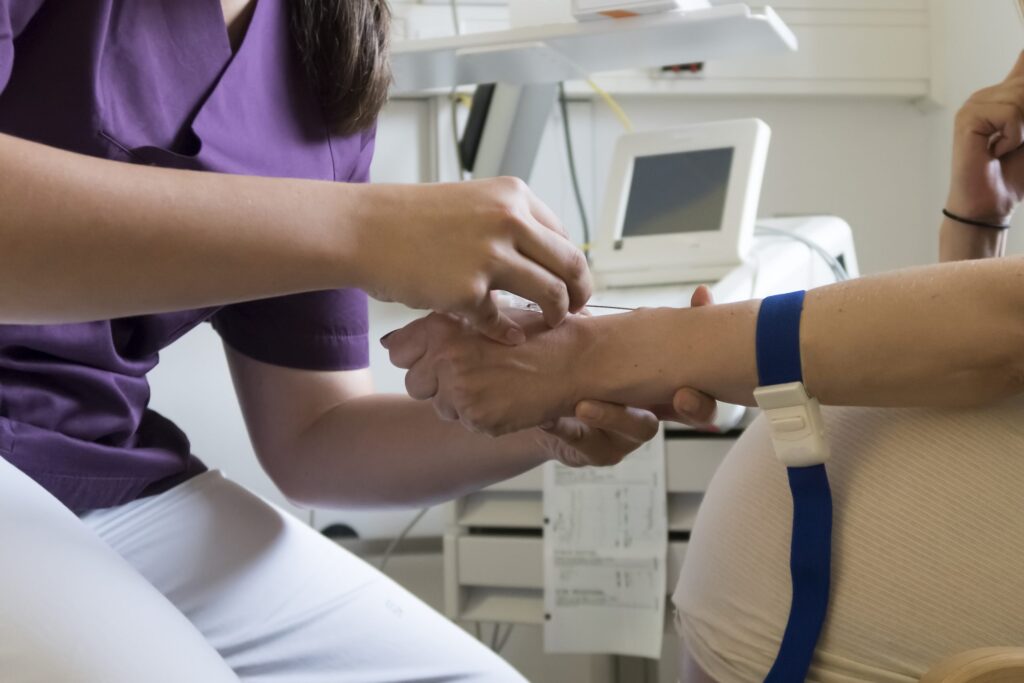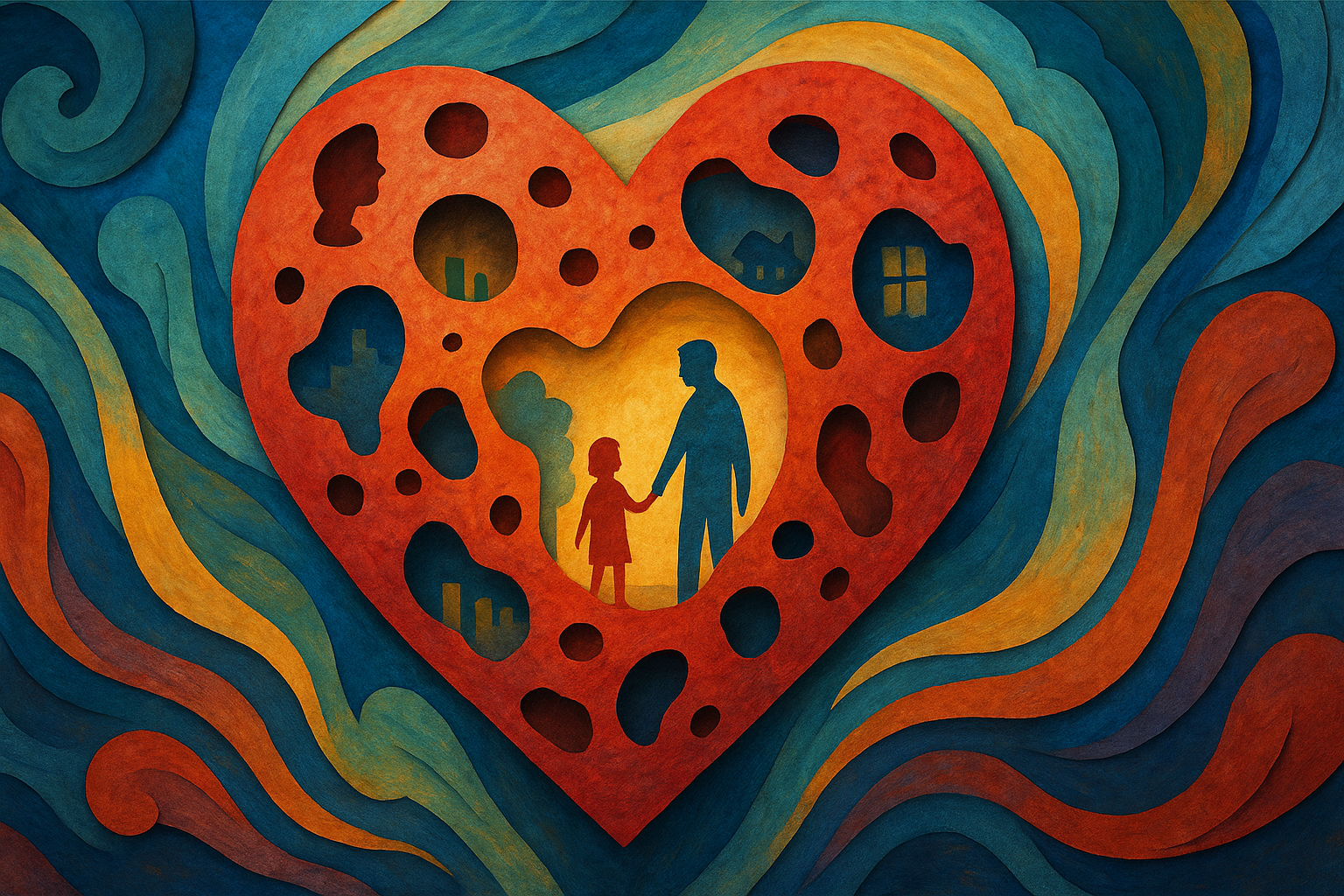Producer Scott Steindorff’s filmography reads like its own compelling mystery: a wildly eclectic series of clues left for some seasoned detective to puzzle back together. Steindorff has produced Westerns (Jane Got a Gun), comedies (Chef), dramas (The Lincoln Lawyer), and epic romances (Love in the Time of Cholera). There’s even a successful TV show in the mix, too (Las Vegas). But no matter how varied his projects are, Steindorff clearly remains as dedicated to telling good stories as he is dedicated to making a difference. Case in point: his newest passion project isn’t even rooted in entertainment—it’s an initiative geared toward addicts struggling to find sobriety.
 Steindorff is spearheading Life Recovery, an enormously ambitious project in the world of addiction recovery—one that covers more media channels than his IMDb page spans genres. It’s a dynamic, multi-faceted approach that wisely recognizes addiction knows no boundaries. Life Recovery involves a structured program, a book, a Netflix docuseries, discussion groups, and nearly everything in between. In fact, when Steindorff describes the motivation behind the project, it almost sounds as beautifully layered as the plots of the novels he’s optioned. Life Recovery is nothing short of a complete reinvention of what recovery is and what we’re capable of as human beings. And because Life Recovery doesn’t promise addicts a hollow Hollywood happy ending, it suggests that Scott Steindorff might be exactly the creative visionary that the future of addiction recovery needs.
Steindorff is spearheading Life Recovery, an enormously ambitious project in the world of addiction recovery—one that covers more media channels than his IMDb page spans genres. It’s a dynamic, multi-faceted approach that wisely recognizes addiction knows no boundaries. Life Recovery involves a structured program, a book, a Netflix docuseries, discussion groups, and nearly everything in between. In fact, when Steindorff describes the motivation behind the project, it almost sounds as beautifully layered as the plots of the novels he’s optioned. Life Recovery is nothing short of a complete reinvention of what recovery is and what we’re capable of as human beings. And because Life Recovery doesn’t promise addicts a hollow Hollywood happy ending, it suggests that Scott Steindorff might be exactly the creative visionary that the future of addiction recovery needs.
When did you first get the idea for Life Recovery?
It started about a year and a half ago. I was tired of hearing the same stuff in the rooms. I started doing some research about recovery—mainly because I felt there were so many young people coming in and out. I’ve seen it get progressively worse in the past few of the years with people in their late teens and early twenties. Mostly opioids. A lot of them had OD’d and were having very difficult times staying sober and having an equally difficult time understanding the program. They weren’t relating to the religion, for one thing. There was just something “off” about it, so I did a lot of research so I could work with my guys. I reached out to about 30 or 40 of the top addiction researchers in the world.
And this just all happened in the last year and a half?
Yeah! One day, I just woke up and thought: “How can we do better?” Rehab statistically has about a 90% failure rate; AA recovery groups are probably at a 95% failure rate. Why can’t we update, modernize, get together, and create something that will solve these problems? That’s when I started getting really excited. And let me be clear: what I’m doing now wasn’t exactly on my goal sheet. It was not on my Top 100 things to do in the remainder of my life. (Laughs)
You’re open about struggling with cocaine 34 years ago. How different was the recovery scene back then?
Well, when I got sober, I went to a treatment center and they didn’t know how to treat cocaine [addiction]. They actually told me that. And then I went to AA and they said, “We don’t know anything about cocaine.” It was just a bunch of old guys in Scottsdale, Arizona. But they loved me and they cared about me, and it got me sober. But I realize I didn’t have a spiritual experience in rehab—I had a consciousness shift. There were aspects of myself that I actually liked. I thought, “I can get through this. I can take on the world.” And I did. But I wanted to teach that to others. Unless a kid has meaning and purpose in their life, unless you can change the inner belief system of some 18-year-old kid in Ohio, nothing’s going to change. It’s so simple. Have you ever been to an AA meeting where they talk about that?
No. Never.
When I got sober at 24, there weren’t many people my age. Today, you have kids who are OD’ing on opioids by then. Opioids change the brain. They’re so potent. This crisis is bigger than the HIV crisis.
Well, with Life Recovery, you’re covering virtually every media channel imaginable. Is that strategy central to your mission?
Yes. It’s not just alcohol and drugs. It’s food, too. And it all comes down to one word: feelings. I want to change how I feel, so I’m going to eat my way, I’m going to fuck my way, I’m going to drink my way, I’m going to shoot my way to [accomplish that]. You can’t just tell me to quit eating or taking drugs or drinking. We have to change how you feel about yourself. That’s what Life Recovery is all about. I’m going to give you an example. In Oxnard, California, an 11-year-old girl committed suicide. Over 100 kids under the age of 10 have committed suicide in this last year.
What?
Yeah. It’s never been that way. So all of these kids at school were upset and the schools brought in a psychologist. Every kid showed up. And they showed up the next day. Instead of doing it once a week, they did it three times a week. Kids started talking about “Mom and Dad are getting divorced,” “I don’t know what to do,” and all of their feelings. What I realized is that if there was one thing you and I are going to do that’s constant is that we’re going to have feelings. But what’s the one thing you and don’t know much about? Feelings. So, I said let’s create a prevention program. Let’s teach kids about emotions and feelings. All the events that happened to me between the ages of 5 and 13 probably had a big contribution to me having a substance problem. I mean, what are the magic words you heard as a kid? “Shut up.” “Don’t get mad.” “Don’t feel that way.” “Don’t feel.” That’s what I learned about feelings: not to feel. I want to teach kids what they’re going to experience in life and how to appropriately express feelings.
Why do you think other treatment programs fail?
We’re just not treating [addiction] the right way. You can’t take emotional issues and solve them with a spiritual program. Now, let me be clear: I’m not knocking AA. That’s not my mission here. The Big Book was written in 1939 for what was happening in 1939. The language is dated, the meaning is dated, the core of it is based on Christianity, and it’s not going to change the consciousness of a young person today. I have three grown children and I’ve come to the conclusion that if one of them had a problem, I don’t know where to send them. There’s not one facility that I feel is really doing the job today.
That’s a pretty bold statement.
Well, what do I do? Where do I really turn? What I’ve discovered is that 85% of people who have problems with substance abuse had environmental issues happen to them. Nobody who comes into rehab says, “You know what? I’ve had a fucking amazing life and everything is going well and I just decided to start shooting heroin.” It doesn’t happen. Most of us walk around not knowing how we feel or what we feel. But if we don’t love ourselves, we’re not going to take care of ourselves and we’re sure as hell not going to help others. And if you’re in a program that’s about helping others, you can’t help others if you don’t understand or love yourself.
What’s the most fulfilling thing for you about working with young people in recovery?
Seeing them change. Seeing them have that “A-ha” moment that they’re okay and that they’re a good person. When they have that moment, there’s nothing better in the whole world, is there?
What’s your greatest hope for Life Recovery?
That we can have an 80% success rate instead of an 80% failure rate in recovery. I just want people to have happy, meaningful lives.



